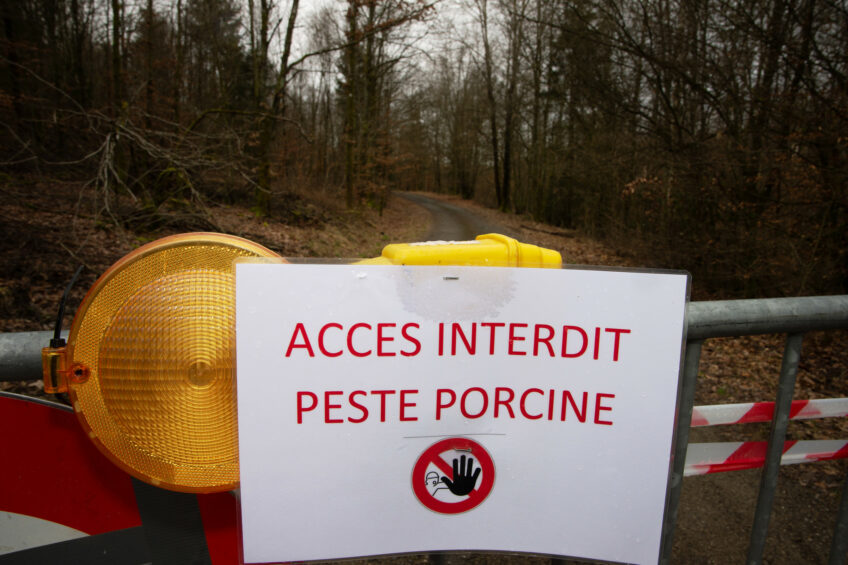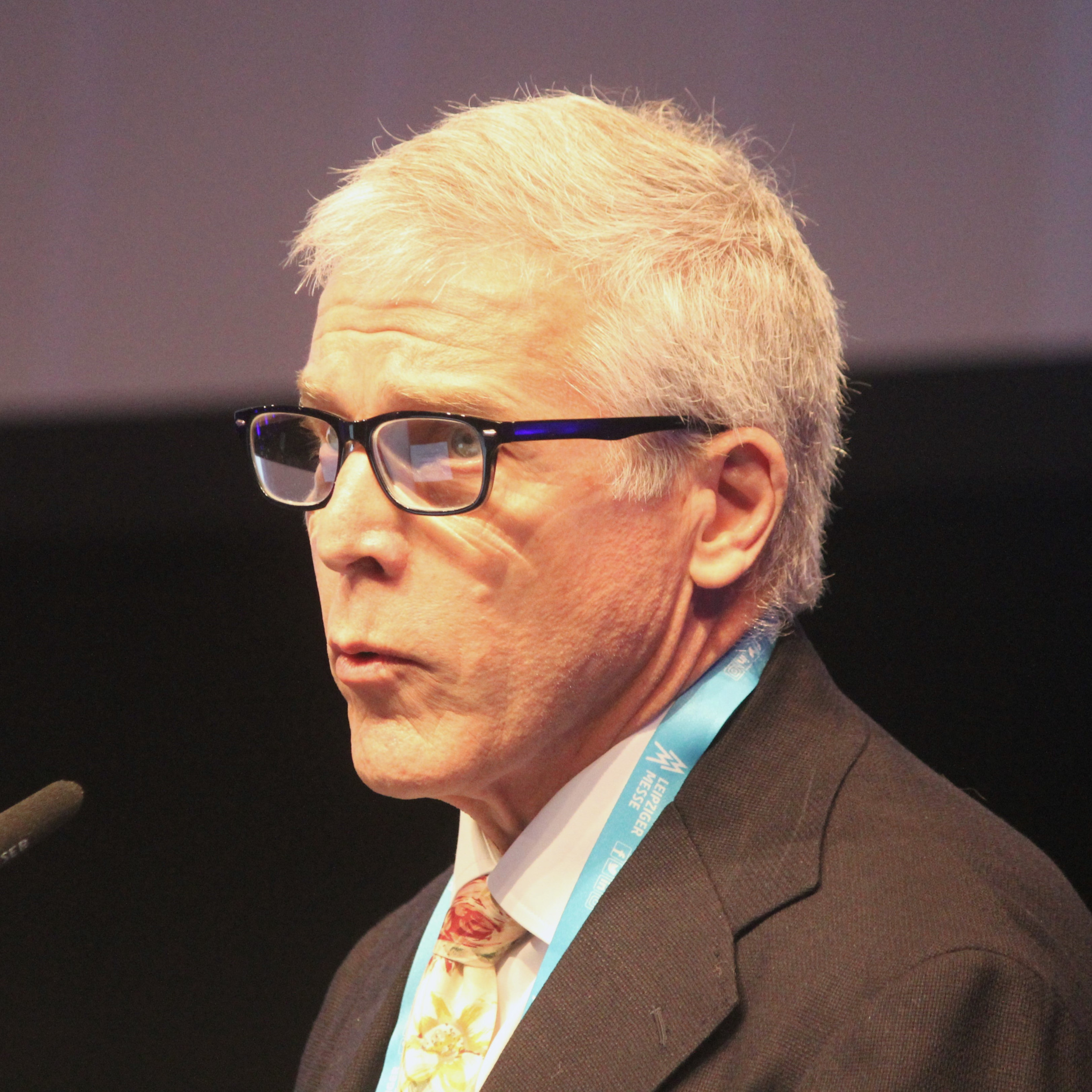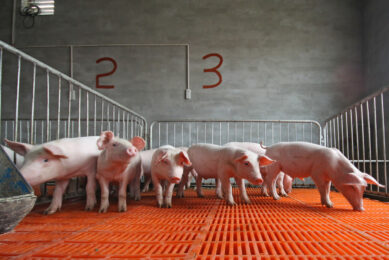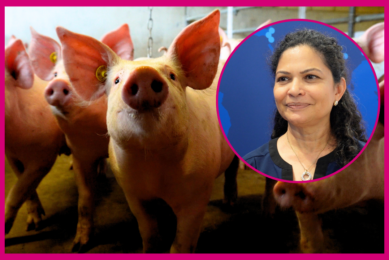“More innovation needed in pig disease surveillance”

Prof Jeffrey Zimmerman of Iowa State University has called for more innovation in pig disease surveillance, to keep up with the fast pace of changes in the global pig industry.
He took care of this year’s Dr Tom Alexander Memorial Lecture at the opening of the IPVS-ESPHM congress in Leipzig, Germany. In his day, the Canadian veterinarian Dr Alexander was a pioneer by identifying the trends in which the swine industry was going. Prof Zimmerman’s presentation was therefore in line with pioneering thoughts.
Changes for the pig industry

In 1971, Dr Alexander described the changes the pig industry was going through, including bigger production units, the importance of genetics as well as integration of the industry.
And the world of the pig industry has continued to develop ever since, Prof Zimmerman said, “The industry never stops evolving; that’s why we need to keep innovating.” One of the “big things” in his view is “the collapse of geographical space”. “Our challenge today,” he said, “is that there are 58,288 air routes.”
Pig pathogens can spread quickly
The step to pig diseases was a small one, with diseases like Classical Swine Fever or African Swine Fever that can be helped by one of those air routes or by the millions of pigs that get trucked from one place to the next – not to mention illegal trade routes. And he warned that, sometimes, certain diseases aren’t always top of mind, especially when it’s a forgotten or exotic disease. By the time reality eventually sinks in and an unexpected notifiable disease has struck a farm, it might be too late.
Therefore, Prof Zimmerman said, “We need test-based surveillance able to keep pace with a fast-moving global industry.” He emphasised the need for regional surveillance, but that it is good to keep in mind that each pathogen may need its own approach for optimal detection. What may work for one pathogen might work sub optimally for another.
And to have such regional surveillance implemented at many places around the globe, he closed off by saying that “simplicity should be a guiding principle for surveillance”.

Combined IPVS-ESPHM event
The IPVS-ESPHM is a combination of 2 international pig veterinary events. The biennial International Pig Veterinary Society (IPVS) Congress is normally held in a different country anywhere on the planet, but is held in co-location with the annual European Symposium for Porcine Health Management (ESPHM) whenever that country happens to be in Europe. In 2016, the events were also co-organised. At that time, the venue was Dublin, Ireland. The Leipzig event in 2024 has attracted over 2,500 pig vets from over 65 countries.
Next year, the ESPHM will be held in Bern, Switzerland, and in 2026, the IPVS Congress will take place in Ho Chi Minh City, Vietnam.











